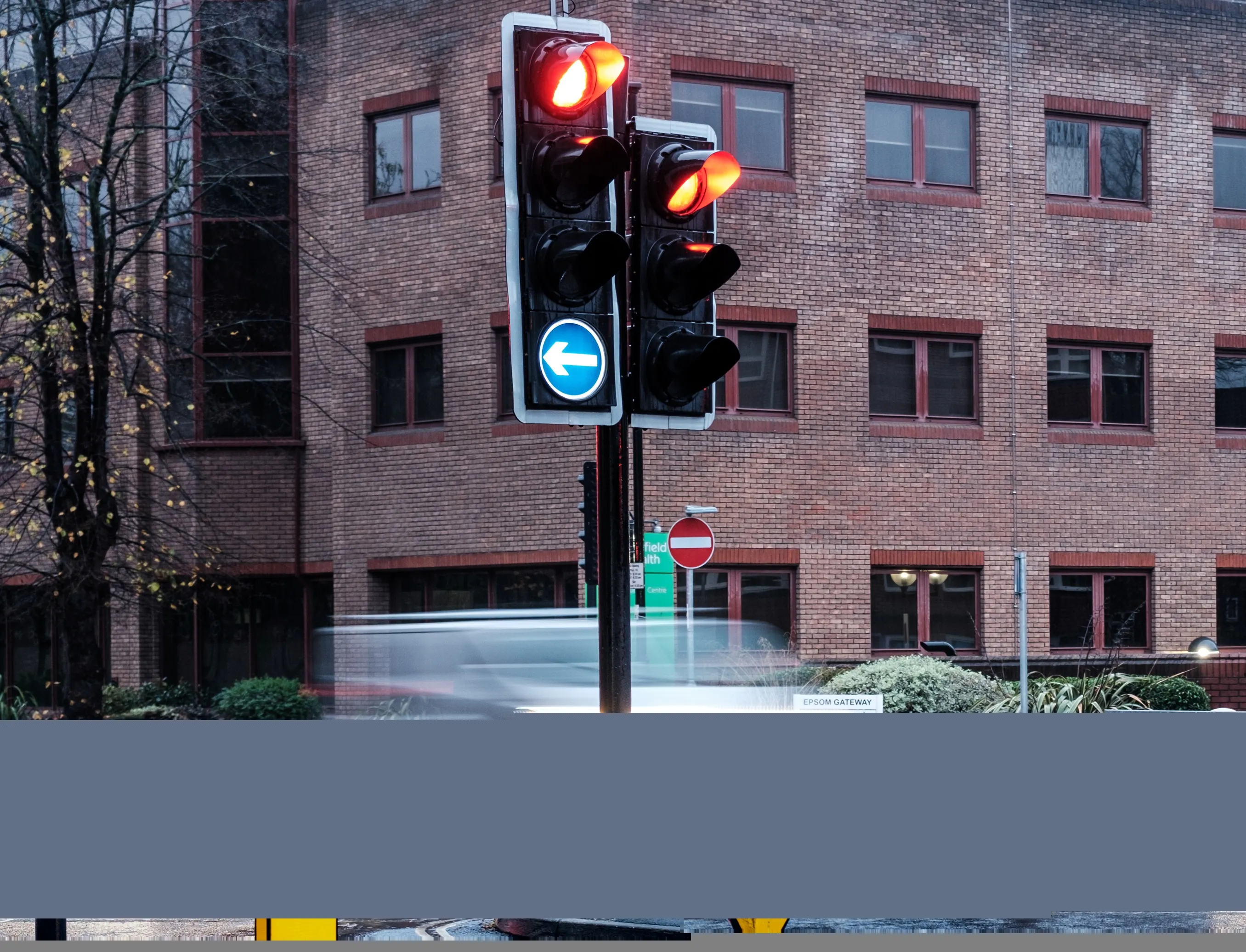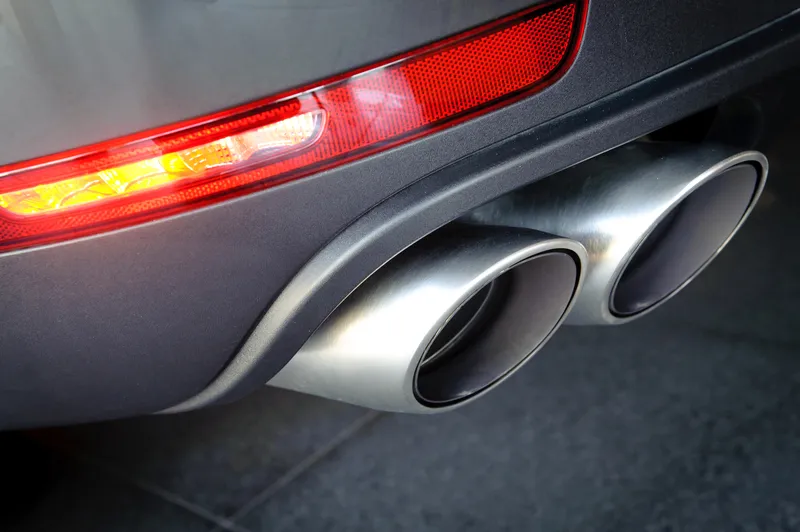
Brian Simmonite, founder of UK signals consultancy company JCT, will have his name associated with a national numbering scheme for traffic signal controllers.
A new UK national numbering scheme for traffic signal controllers will be called the “Simmonite Number” in honour of one of the pioneers of signal control.
The Brian Simmonite numbering system is part of the Digital Controller Interface Specification, DCIS. Simmonite, who died in 2009 aged just 55, was founder of signals consultancy company JCT.
The Simmonite Number will be an additional national unique identifier for traffic signals that sit on top of the current locally derived ‘SCN’ or Site Controller Numbers that road authorities will still use for managing their signals.
It has been introduced thanks to work undertaken through the UK’s Transport Technology Forum’s connected vehicles and UTMC working groups and will help to digitise the UK’s road network. This will set an open and standard way of numbering signal sites. It is also the first step to digitising each controller’s specific control configuration and will eventually ensure that every signal-controlled site in the country can be uniquely identified.
Starting this year, the DCIS project team will contact road authorities to trial the application of Simmonite Numbers to their signals.
Brian Simmonite’s nearly 30-year career included stints with traffic signals at England’s Nottinghamshire and Lincolnshire County Councils. He later developed the LinSig design and assessment tool for traffic signal junctions and urban networks.

“Brian would be honoured at having his name associated with something that makes signals more efficient,” said Paul Moore, managing director of JCT. Moore joined Simmonite in 1996 to co-write LinSig for Windows, which has become an industry standard in the UK.
UTMC is a UK-based initiative which provides traffic managers with open technical specifications, supporting an innovative competitive marketplace and helping systems interwork effectively. All the work is undertaken cooperatively with both public highways authorities and the systems industry. It aims to provide practical help, avoiding excessive complexity in favour of simple and agreed approaches.
Initiated in the early 1990s by the UK Department for Transport, UTMC is now the de facto UK standard for traffic-related ITS. The majority of UK local authorities have a UTMC core to their systems.









